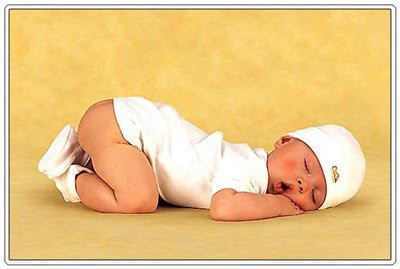
This book is very interesting because it tells stories of the Latin American continent. The low people stories.
"Biography of the Caribe" it was written by German Arciniegas, a colombian, who did not receive the Nobel prize and he did not benefit from some boom. He belonged to the call “Generation of the New ones”, of century XX. German was not novelist, the favorite sort by the readers of our time. The author stood out in the test, also like publisher of magazines, historian and sociologist.
Arciniegas fitted to the people and facts of History instead of to create fabulous fiction personages. It did it like anybody, and that is the merit by which does not have to forget it. Under its pen History stops being raw material of learned manuals and boring, to be territory where the most amazing things happen, those than they would challenge to any prodigal imagination. In addition it reached to make Literature of the test, being around other great ones: Jose Martí, Alfonso Reyes, Octavio Paz, Jose Lezama Lima, Jorge Luis Borges.
In this book the history is not what the great governors and soldiers did, said in another one of its typical postulates. “It is necessary to approach the man of the street, the vulgar creature who comprise of the mighty crowd of the cities or the farmer who lose in Pampas or the mountain”. Instead of “Political History”, the one that founds heroes and kings, it advocated Arciniegas who were written “Natural History”, the one that portrays the soul of the towns from its common people.
Arciniegas fitted to the people and facts of History instead of to create fabulous fiction personages. It did it like anybody, and that is the merit by which does not have to forget it. Under its pen History stops being raw material of learned manuals and boring, to be territory where the most amazing things happen, those than they would challenge to any prodigal imagination. In addition it reached to make Literature of the test, being around other great ones: Jose Martí, Alfonso Reyes, Octavio Paz, Jose Lezama Lima, Jorge Luis Borges.
In this book the history is not what the great governors and soldiers did, said in another one of its typical postulates. “It is necessary to approach the man of the street, the vulgar creature who comprise of the mighty crowd of the cities or the farmer who lose in Pampas or the mountain”. Instead of “Political History”, the one that founds heroes and kings, it advocated Arciniegas who were written “Natural History”, the one that portrays the soul of the towns from its common people.

